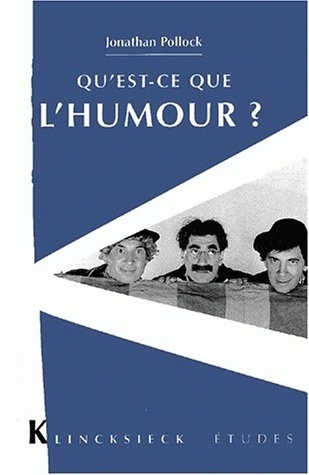How does humour differ from such similar concepts as satire, witticism and irony ? Can humour be deliberately cultivated ? Can it be assigned its own rhetorical procedure, or can we at least control its effects ? And even if a word's etymology is not just a chronology of whatever it represents, is there a link between "humour" and its Latin etymon, humor ?
It was in 17th-century English language and literature that this special type of drollery was first dubbed "humour". The meaning of the word was thus extended to encompass both its former meaning of body secretion ("humour") and its new meaning. Although the latter is what prevails today, the eclipsed humoral component is still surreptitiously resisting any tendency to associate the word "humour", in its broad sense, with all that is considered « comical ». Why is the etymological basis of "humour" so deeply rooted in the medical field ?
Jonathan Pollock, an English language specialist and comparatist, is a senior lecturer à Université de Perpignan. He has written several studies on humour, the Elizabethan Theatre and Antonin Artaud.




